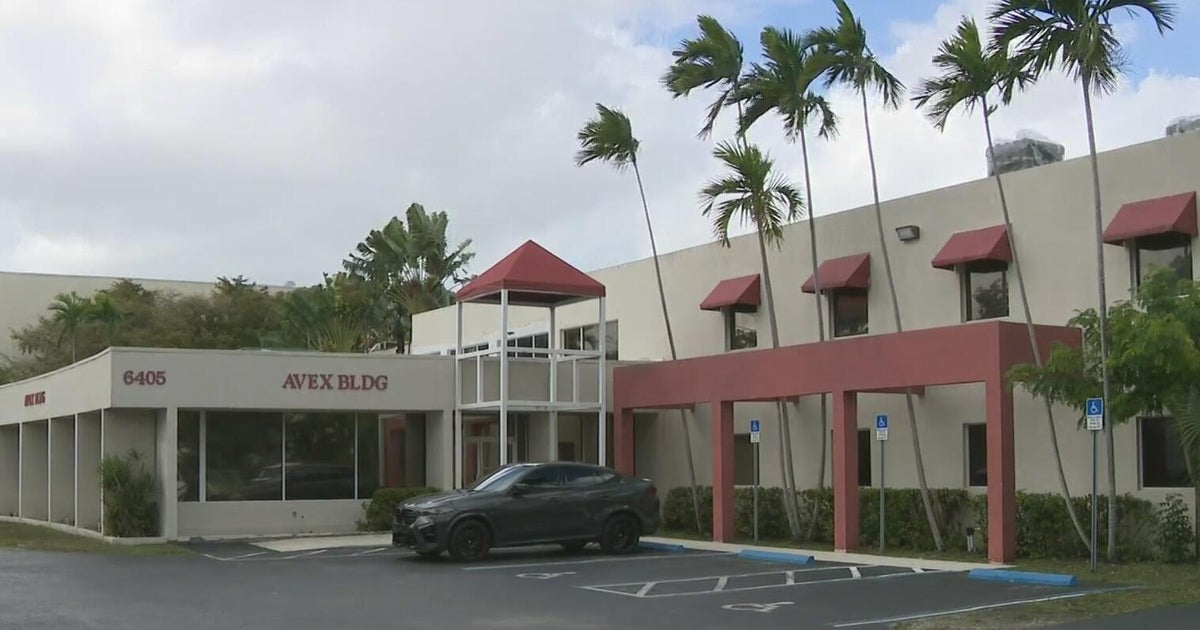TALLAHASSEE – Saying social media is “facing a reckoning,” Florida fired back Monday against a lawsuit challenging a new state law aimed at keeping children off social media platforms.
Attorney General Ashley Moody’s office filed two documents urging a federal judge to dismiss the lawsuit and to deny a preliminary injunction that social media industry groups are seeking to block the measure.
The law was one of the highest-profile issues of the 2024 legislative session, with lawmakers saying that addictive social media platforms harm children. But the Computer & Communications Industry Association and NetChoice, whose members include tech giants such as Google and Meta Platforms, filed the challenge in October, contending the law violates First Amendment rights and that parents should make decisions about children’s social media use.
The state’s filings Monday raised a series of arguments, including that the industry groups do not have legal standing to challenge the law (HB 3) and that the law’s restrictions do not violate speech rights.
“The statute regulates purely commercial activity – transacting with children while using harmful features to addict them,” the state’s attorneys wrote in opposing a preliminary injunction. “Minors have no First Amendment right to contract for products designed to addict them. HB 3 is also a reasonable, content-neutral time, place, and manner restriction. It regulates only the manner in which children engage with social media.”
But in the lawsuit, attorneys for the industry groups said Florida “cannot begin to show that its draconian access restrictions are necessary to advance any legitimate interest it may assert.”
“Parents already have a wealth of tools at their disposal to limit what online services their minor children use, what they can do on those services, and how often they can use them,” the lawsuit said. “Florida may wish that more Floridians shared its own views about whether minors should use ‘social media platforms.’ But while the state may take many steps to protect minors from harm, including by persuading parents to take advantage of tools to limit their minor children’s access to ‘social media platforms,’ it may not take matters into its own hands and restrict access itself.”
The law, which was spearheaded by then-House Speaker Paul Renner, R-Palm Coast, was scheduled to take effect Jan. 1. But Moody agreed in November to delay enforcement until Chief U.S. District Judge Mark Wilson rules on the injunction request. Walker has scheduled a Feb. 28 hearing.
The law, in part, seeks to prevent children under age 16 from opening social media accounts on certain platforms – though it would allow parents to give consent for 14- and 15-year-olds to have accounts. Children under 14 could not open accounts.
The law does not name social-media platforms that would be affected. But it includes a definition of such platforms, with criteria related to such things as algorithms, “addictive features” and allowing users to view the content or activities of other users.
The lawsuit repeatedly referred to sites such as YouTube and Facebook – while also saying the law would not apply to services such as Disney+.
“While the law purports to address ‘addictive features,’ it does not restrict access to all mediums that employ similar features to engage their audience,” attorneys for the industry groups wrote. “The law leaves services like Disney+, Hulu, and Roblox uncovered, even though many minors spend hours on those services each day, and even though they employ the same so-called ‘addictive features,’ like personalized algorithms, push notifications, and autoplay. The state’s only evident justification for restricting access to Facebook and YouTube while leaving many other mediums for speech untouched is the state’s apparent belief that the covered websites deliver content the state thinks is particularly harmful.”
The state’s motion to dismiss the case, however, argued the law does not trigger “heightened First Amendment scrutiny.”
“The law limits children from having accounts on platforms that traffic in addiction,” the motion said. “It leaves platforms free to present content to children and adults through non-addictive means and free to present material to children who do not hold accounts. That affects only a child’s ability to ‘enter’ certain online businesses – it does not in any way censor children on the internet.”
If social-media companies violate the law they could face penalties up to $50,000 per violation. The law also would open them to lawsuits filed on behalf of minors.
“Social media is facing a reckoning,” the state’s attorneys wrote in opposing a preliminary injunction. “Because of whistleblowers and leaked internal documents, the public has learned that social-media companies for years have deployed features to addict youth with full awareness of the destruction compulsive use has on children’s mental health.”
Meanwhile, a separate pending lawsuit challenges the constitutionality of another part of the law that requires age verification to try to prevent minors from having access to online pornographic sites. That lawsuit was filed by different plaintiffs.




